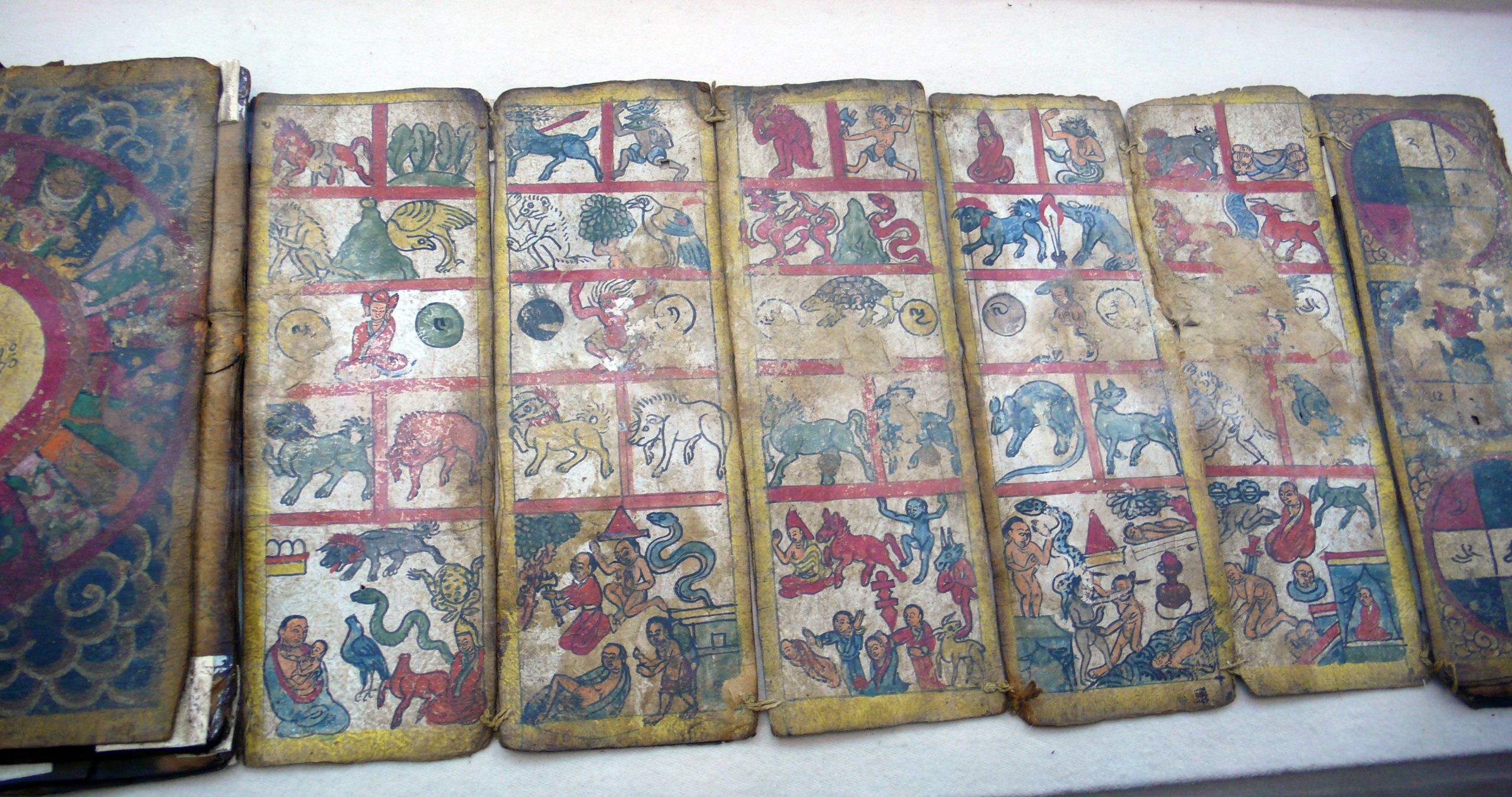The goddes Mazu, the divinized general Guan Yu, and other deities are mobilized by CCP propaganda to promote the reunification narrative.

In the theater of geopolitics, China has found an unlikely star: the sea goddess Mazu. While the Chinese Communist Party (CCP) continues its domestic crackdown on religious freedom, it has simultaneously orchestrated a spiritual charm offensive across the Taiwan Strait—one that smells distinctly of incense and ambition.
According to a comprehensive analysis published on October 22 by Taiwan’s research center IORG (now Taiwan Information Environment Research Center, originally named Information Operations Research Group), 2024 saw China host 116 religious exchange events involving Taiwanese participants. These weren’t grassroots pilgrimages but state-backed spectacles, often promoted by the CCP’s Taiwan Affairs Office through its official media outlet.
The estimated Taiwanese attendees were 16,234. Taiwanese participants named in. China’s official sources were 164, including former President Ma Ying-jeou and ex-Legislative Speaker Wang Jin-pyng. Named Taiwanese organizations were 86, including 40 temples (13 dedicated to Mazu) and 45 civic groups. The most active Chinese official was Lin Jinzan, chairman of the Meizhou Mazu Temple, who attended six events. Among the officials, Song Tao, Director of the Taiwan Affairs Office of the State Council, had the highest rank (ministerial level). The most popular deity was Mazu, featured in 29 events and 38 articles.
While China’s domestic policy remains staunchly atheist—with crackdowns on Christian churches, Tibetan Buddhism, and Falun Gong—its Taiwan strategy is steeped in incense smoke and ancestral veneration. China uses religion as a political tool, leveraging Taiwan’s spiritual traditions to build influence, foster cultural dependency, and legitimize its unification agenda.
The events are geographically strategic, the report says. Over half of the 116 events were held in Fujian Province, home to Mazu’s ancestral temples and just across the strait from Taiwan. Other hotspots include Zhejiang, Henan, Guangdong, and Shandong—each tied to deities with cultural resonance in Taiwan.
Mazu today acts almost as Beijing’s spiritual envoy. With 1,600 Taiwanese temples dedicated to her and 16 million followers, she’s the perfect vessel for cross-strait messaging.
China’s narrative is simple but potent: “Same gods, same roots, same culture.” Visiting Mazu’s ancestral temples in the Mainland is framed as “coming home.” In October, two Mazu-themed events in Mainland China drew over 1,000 Taiwanese attendees each, including 120 organizations. Beijing even launched a “shared Mazu cultural standard” initiative to unify religious practices and terminology across the strait—a move it claims will “enhance Taiwanese believers’ sense of national and cultural identity.”
Beyond Mazu, the CCP invokes a pantheon of symbolic figures. The Yellow and Flame Emperors are used to reinforce the idea that Taiwanese are descendants of the same mythical ancestors—the “children of Yan and Huang.” These figures are portrayed as emotional bridges connecting all Chinese people, including those in Taiwan. Divinized general Guan Yu is framed as a moral compass teaching devotion to nation, family, and tradition, values that conveniently align with CCP ideology.
Koxinga is recast as a patriotic hero who “reclaimed Taiwan” and laid the groundwork for the “one China” narrative. His legacy is used to counter Taiwan’s democratic identity and to criticize the ruling Democratic Progressive Party for allegedly distorting history. Clan ancestors are invoked to frame Taiwanese visits to China as “root-seeking” journeys, reinforcing the idea that Taiwan is part of the Chinese homeland.
These rituals are not benign. They are part of a broader narrative that delegitimizes Taiwan’s democracy by portraying its policies as political manipulation, recasts Taiwanese identity as a CCP-approved version of Chinese nationalism, and offers economic incentives to temples and civic groups to participate — subtly shaping political loyalties
The report warns that these exchanges may influence Taiwan’s elections, reshape grassroots political identities, and deepen societal divisions. In short, incense isn’t just a spiritual offering, it’s a smoke signal from Beijing.
China’s religious diplomacy is a paradox: suppressing faith at home while sanctifying it abroad—not for salvation, but for sovereignty. In Taiwan, even the gods may be recruited by Chinese intelligence.
Source: Bitter Winter












